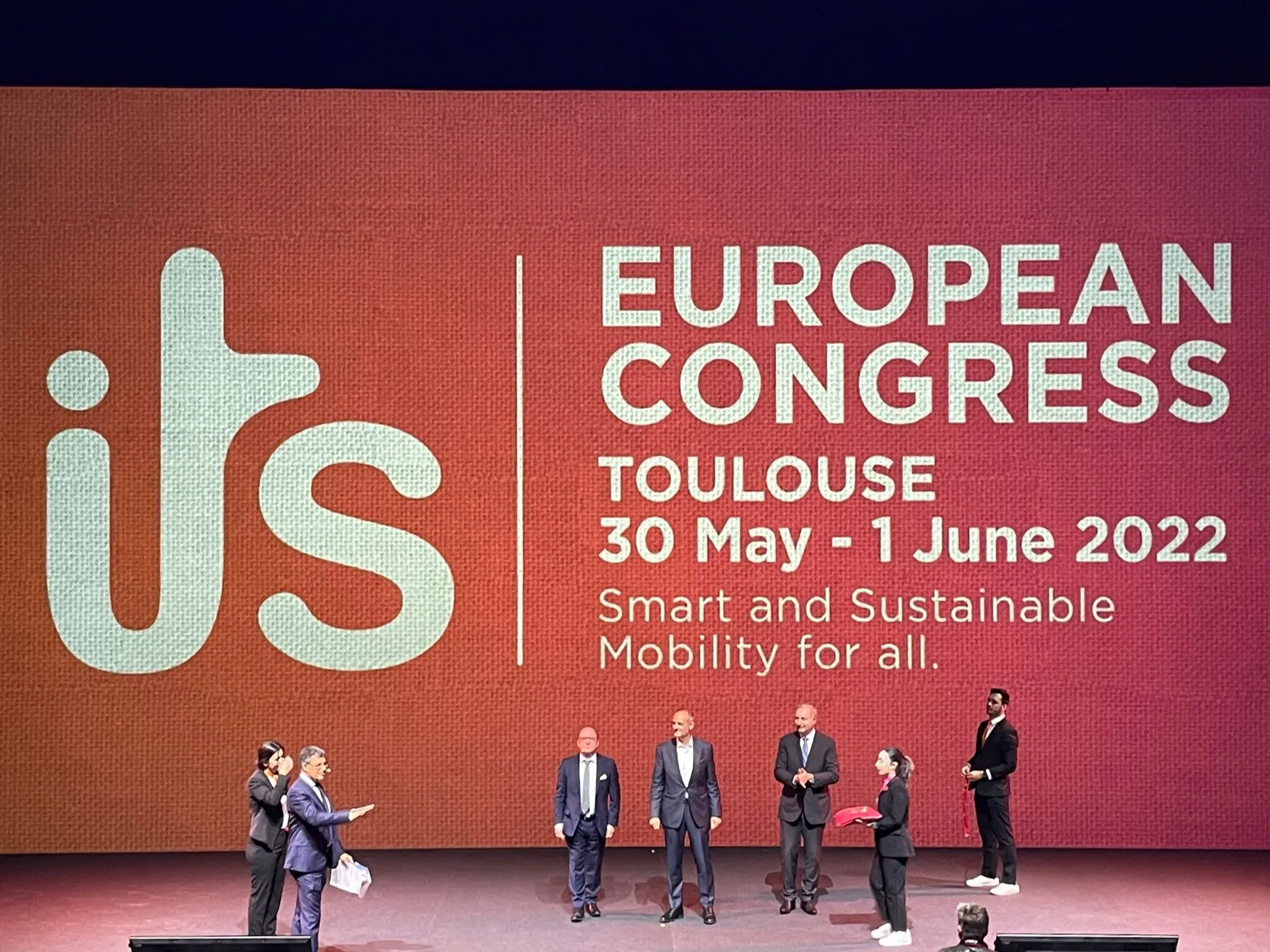Audi and the city of Somerville, in Boston, Massachusetts, metropolitan area, have signed a memorandum (MOU) of understanding to develop an urban strategy for Somerville, applying technologies for swarm intelligence or automated parking and networking cars with traffic lights.
In the MOU, signed at the Smart City Expo World Congress in Barcelona, Mayor Josef A. Curtatone and Rupert Stadler, chairman of the executive board of Audi, agreed close cooperation and a focus on exchanging know-how and testing ne
November 20, 2015
Read time: 2 mins
In the MOU, signed at the Smart City Expo World Congress in Barcelona, Mayor Josef A. Curtatone and Rupert Stadler, chairman of the executive board of Audi, agreed close cooperation and a focus on exchanging know-how and testing new technologies. In the long term, the two sides aim to develop innovations that reduce the space requirement of automobiles in the city and increase the speed of traffic flow.
Somerville’s Union Square will be transformed into a smart city over the coming years, with urban redevelopment, offices and commercial real estate. In addition to networked infrastructure, Audi is bringing automated parking to the project, enabling parking areas to be relocated from the city centre, reducing the parking area required per car and reducing the number of cars searching for a place to park.
Stadler said, “The intelligent car can unfold its enormous potential only in an intelligent city. Our joint work on urban innovations and the exchange and analysis of data are the key to beneficial swarm intelligence.”
“The car will always be part of our mobility. At the same time, due to congestion and parking problems, today it shows us the limits to mobility. With technologies from Audi we expect to be able to use the available urban space more efficiently. This enhances the quality of urban life,” says Curtatone.










